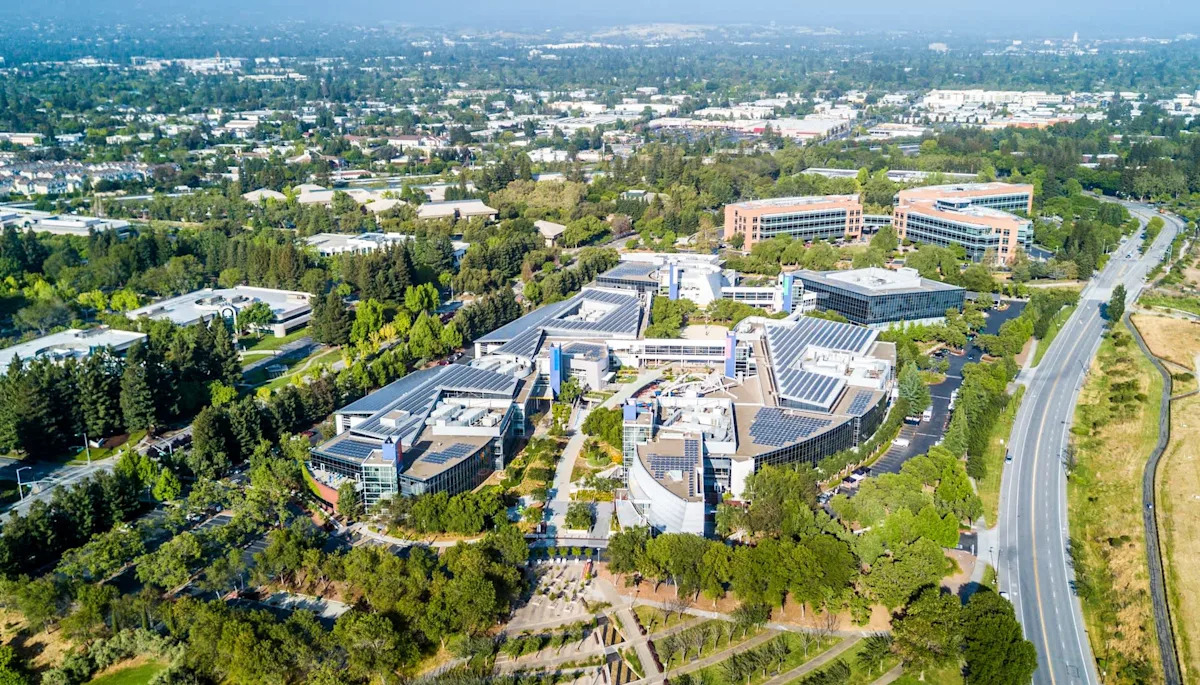ChatGPT and similar tools have given people unprecedented access to artificial intelligence. But someone who uses AI for homework help or problem-solving might not be aware of the technology’s harmful impact on the environment.
What’s happening?
Tech companies such as Amazon, Microsoft, and Google have set up huge data centers to meet AI demand, as Smithsonian Magazine reported.
These data centers are wreaking havoc on the communities where they are built, overwhelming residents with their constant noise and threatening public health with their harmful carbon pollution. Because most electric grids are fueled by dirty energy sources, data centers increase the pollution that contributes to rising global temperatures.
Why are data centers important?
Data centers require enormous amounts of energy — Goldman Sachs has estimated that the average ChatGPT query uses nearly 10 times as much energy as a Google search.
In addition, data centers can tax local water supplies. The facilities use air conditioning to keep computers from overheating. Water that is converted to steam in the process is released into the atmosphere, where it can no longer be harnessed for human use, as research from the University of California, Riverside, explained.
A midsized data center uses as much water in a day as 1,000 American households, about 300,000 gallons, one research scientist told NPR. As Benjamin Lee, a computer scientist at the University of Pennsylvania, told Smithsonian Magazine, “Where water is scarce, it’s a concern.”
What’s being done about resource-intensive data centers?
Tech executives like ChatGPT’s CEO have been frustratingly opaque about how much energy their data centers use, and developers are already planning new dirty fuel projects to meet the facilities’ energy demands, Smithsonian reported.
However, mounting public pressure could force tech companies to be more forthcoming about their energy usage. As NPR reported, Google has admitted to increasing its planet-warming gas pollution — while that is bad news for the environment, this could be the first step toward accountability. Microsoft, for its part, has promised that its newest data center won’t rely on water for cooling, which is great news for the surrounding community that relies on this vital resource.
Researchers are working on ways to make AI less energy-intensive, but anyone can help reduce demand on data centers by limiting their use of generative AI. Next time you’re tempted to ask ChatGPT a question, try a simple browser search and revel in the energy you’re saving.
Join our free newsletter for good news and useful tips, and don’t miss this cool list of easy ways to help yourself while helping the planet.

